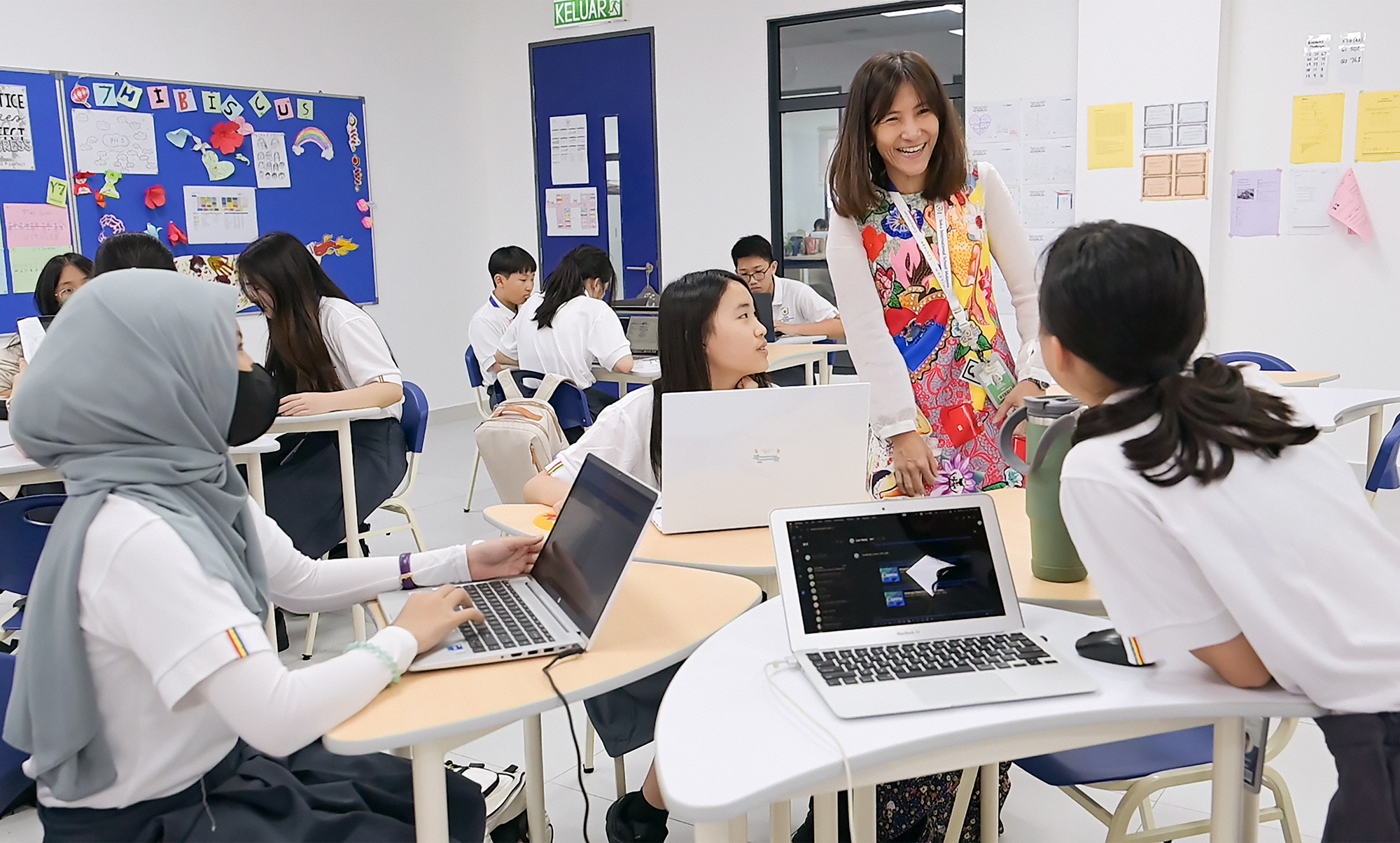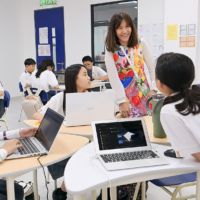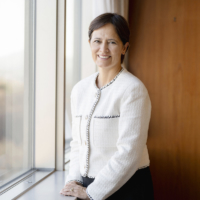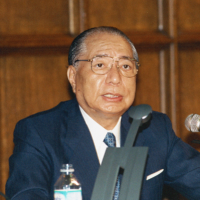In 2023, on hearing about the new Soka International School in Malaysia, Japanese middle school student Yuko Takaoka decided to apply. Wanting to experience life in an international school and dormitory, she made the brave decision to move to a foreign country at age 12. However, because of the pandemic, Yuko’s first year at the school — founded on the principles of soka (value-creating) education — was spent at home in Japan studying online.
Now, sitting next to her fellow students from South Korea, India, Malaysia, Singapore and Thailand at the start of the second year, she says, “I’m happy to be together with my friends from around the world at last. Online classes were difficult because my eyes got tired, but now looking back, thanks to them, I was able to transition smoothly into my life here. I already knew my friends and teachers. Being here, at first, the different languages were hard, but through culture exchange activities and just from saying hello and talking, we got to know each other and are experiencing new customs, food and communication styles.”
The founder of SISM, Daisaku Ikeda, consistently emphasized the centrality of human relationships, both teacher-student and student-student, in the learning process, stressing: “There is no genuine education without earnest life-to-life interaction and inspiration. People grow through their interaction with people.”
The speed and momentum of globalization has made encounters between people of diverse cultural, ethnic, religious and philosophical backgrounds more frequent. Thus, it is all the more crucial that we foster a consciousness of all being part of the same human family. Education — formal and informal, school-based and life-long — is one way to do this, and all means possible are required, including new technologies and time-tested methods.
Global education is now being considered as a high priority by UNESCO, as evidenced at the Academic Network on Global Education and Learning Conference held at UNESCO headquarters in June 2023. One of the keynote speakers at ANGEL, Earth Charter International Executive Director Mirian Vilela, emphasized “the cost of a vacuum in fostering values through education.” She stressed the need to nurture an ethic of care and promote education for international understanding.
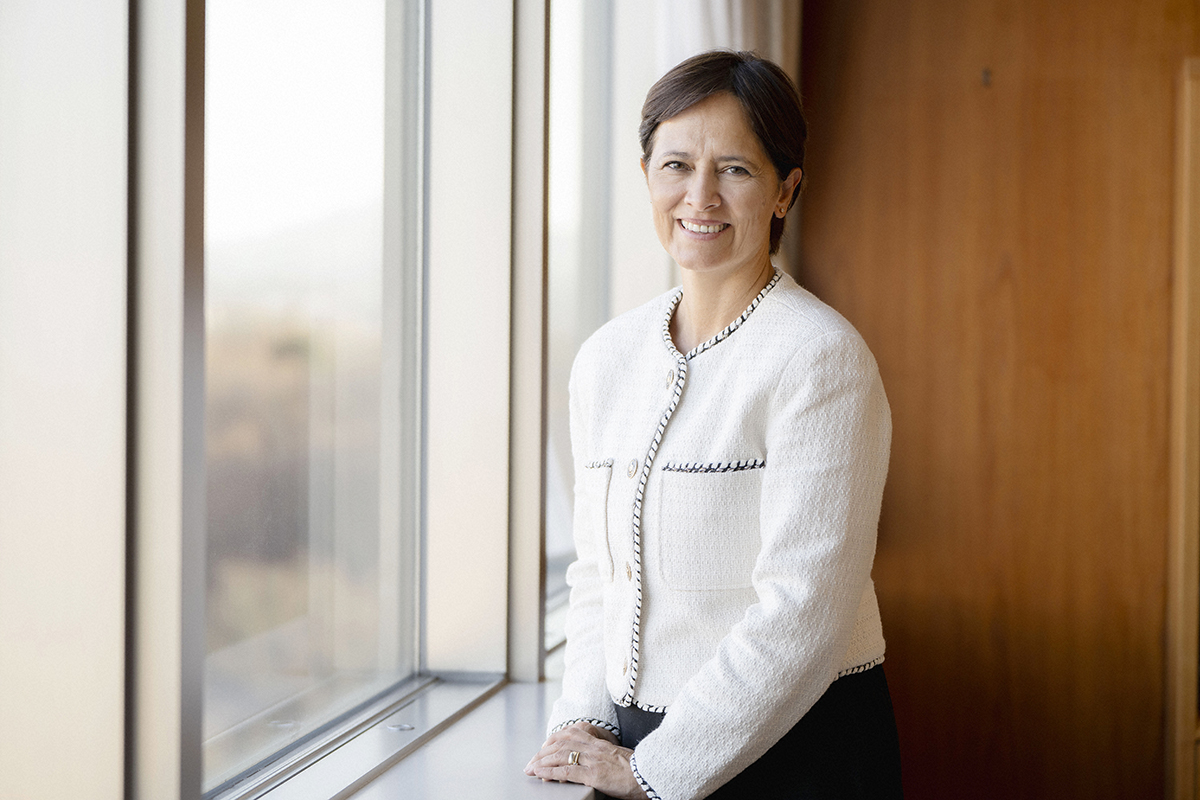
Whether this challenge is taken up through the development of curricula for peace or global citizenship education, or whether a deeper effort is made to develop entirely new approaches and transform the purpose and focus of the educational enterprise, what is essential is to foster a sense of belonging to and responsibility toward a global human community.
In April, at a conference titled “Reimagining Education for Ecological Civilizations” hosted by Earth Charter International at Rollins College in Winter Park, Florida, many speakers emphasized the need to foster values such as wisdom, discernment, respect, responsibility and reverence toward the community of life in the educational sphere. There was agreement that only an education system that directs students toward the richness of our common humanity can provide an antidote to the powerful dehumanizing forces rampant within contemporary society.
Clearly, education that is limited to transmitting separate silos of knowledge is not fitted to the interlinked complexities of today’s world. We are surrounded by plentiful information. What is needed is the wisdom to discern what knowledge is helpful for our lives.
As Ikeda wrote: “Knowledge alone cannot give rise to value. It is only when knowledge is guided by wisdom that value is created. The font of wisdom is found in the following elements: an overarching sense of purpose, a powerful sense of responsibility and, finally, the compassionate desire to contribute to the welfare of humankind.”
Over 100 years ago, a similar concern to promote education aimed at a positive transformation of society was what motivated Tsunesaburo Makiguchi to develop the concept of soka, or value-creating pedagogy.
At a time when the educational system in Japan was geared to the production of subjects loyal to the state, Makiguchi’s philosophy stood in stark contrast to these trends. His concern was that his pupils live fulfilled, happy and contributive lives. He wrote: “Other than ‘happiness’ there is no word that fully and accurately expresses the unhindered pursuit of the cultural life that is the objective of education. … I have come to believe this word gives the most realistic, straightforward and apt expression to the goal of life desired and sought by all people.”
Ideally, education can direct students toward the richness of their inner lives and their interdependence with others, with the natural world and with the planet itself.
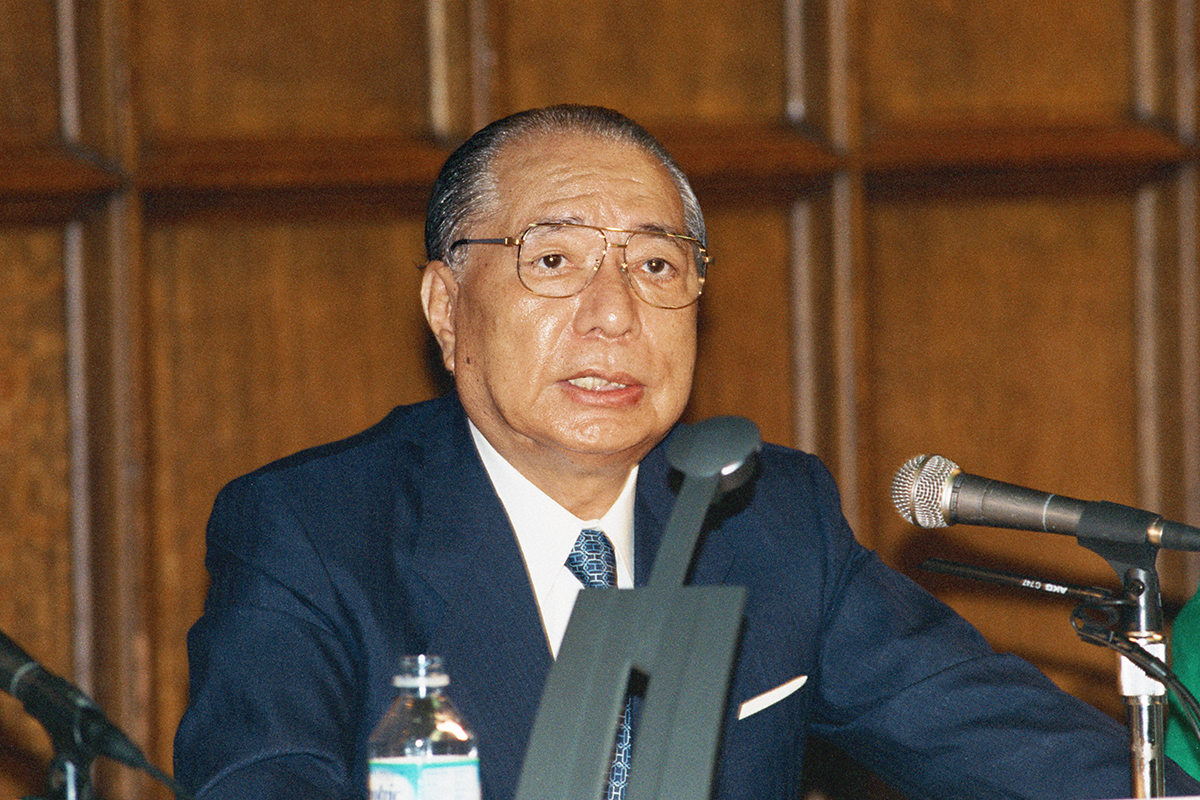
Ikeda was a consistent proponent of a society that sees lifelong learning and continuing development and enrichment of the human being — education in its broadest sense — as its goal. In a 2001 proposal he wrote: “A strengthened capacity to educate, the weaving of education into every thread of our social fabric, the permeation of a sense of commitment and a responsibility to educate — such concrete developments, and not simply politics or the economy, are what will determine the future. Our children’s happiness rests in the balance.”
Daisaku Ikeda (1928-2023) devoted his life to promoting peace through dialogue. He was the third president of the Soka Gakkai, a global community-based Buddhist organization that promotes peace, culture and education. He founded the Soka education system, with kindergartens in six countries, elementary to graduate study in Japan, the Brazil Soka Schools, a university in the United States and the Soka International School in Malaysia.



